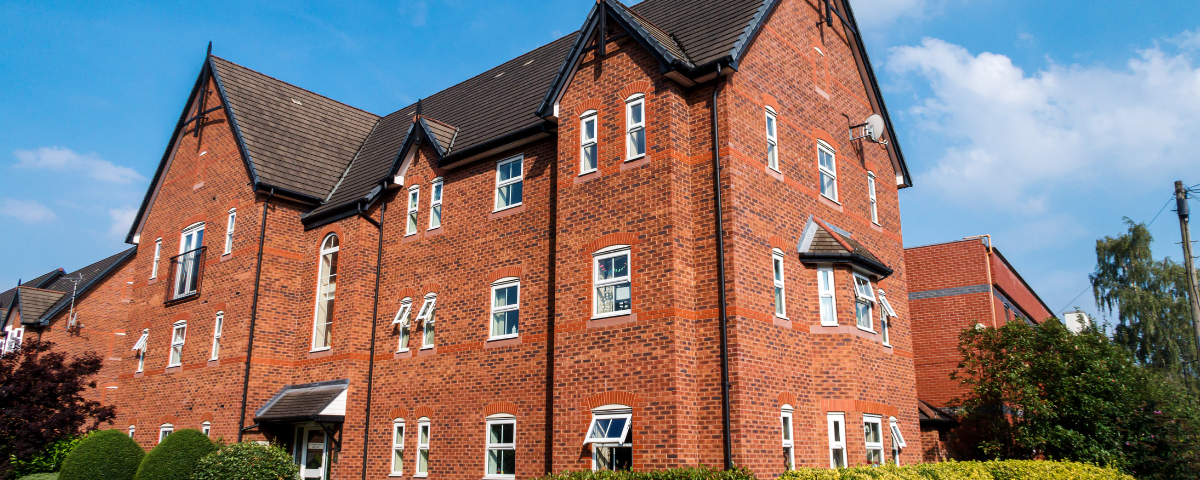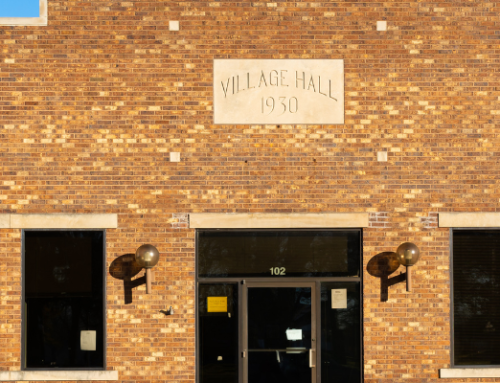The illegal cultivation of cannabis is a growing problem. Until recently, cannabis cultivation was generally large scale, often taking place in industrial units, remote warehouses and disused farm buildings, but since the Covid pandemic, police are increasingly finding smaller scale cannabis farms in residential private rented properties.
Insurers have also observed a noticeable increase in claims for damage to properties that are unknowingly converted into cannabis farms.
Landlords could face prosecution, a jail sentence, or even have property seized if their tenants are found to be running a cannabis farm. They must be ‘knowingly’ allowing the drug to be grown in their homes in order to be prosecuted, however even if they have no knowledge of the operation, they could still be left in the midst of a criminal investigation – so it pays to be vigilant.
What can landlords do to reduce the risk?
It’s often found that when validating claims for damage to a property caused by a cannabis farm, the listed occupying tenants, who have either been arrested or absconded from the address, have previously provided false references in order to secure tenancy and misrepresent their employment status, financial position or criminal record.
It’s therefore vital that landlords carry out validation checks prior to a lease being agreed with a tenant and understand the conditions of their insurance policy, otherwise their claim may be declined for breach of policy conditions.
For example, Allianz’s Complete Property Owner policy wording contains the following provision, in relation to cover for damage arising from the illegal cultivation of drugs:
a) carries out internal and external inspections of the buildings at least every 6 months
b) maintains a log of such inspections and retains that log for at least 24 months
c) obtains and records written formal identification of any prospective tenant
d) obtains and records details of a tenant’s bank account and verifies those details by receiving at least one payment from this account
e) does not permit any sub-letting of the premises
Tenant reference checks
Ensuring a tenant is suitable and reliable is important for landlords to ensure their property is protected and taken care of. Reference checks can help provide a more in-depth view of the potential tenant, whether they can afford their rental payments, what their history is like with other landlords and overall whether they are suitable for the property.
Pre-checks and screening
A pre-screening check could be as simple as arranging a phone call to ask a few basic questions. It can help to identify unsuitable applicants early on for example, if the potential tenant is declining to provide the required documents, generally acting in a suspicious manner and pushing to move in straight away, this could indicate they are attempting to hide something or that information provided is false.
If the prospective tenant is happy to answer questions and meets the landlord’s minimum requirements, they can move onto the next stage in the referencing process.
Third party tenant referencing
Tenant referencing can also be carried out through the letting agent or a professional tenant-referencing agent.
Tenant referencing agents save the landlord time and potentially money through having this work carried out by professionals. There are a number of factors to take into account when choosing an agent including speed of checks, reputation, cost and level of detail provided.
We are here to help
If you are concerned about how this affects you and your business and would like support in assessing your needs, we are here to help. Please do get in touch for confidential advice and guidance.
This article was adapted from an article by Allianz which can be found here.






